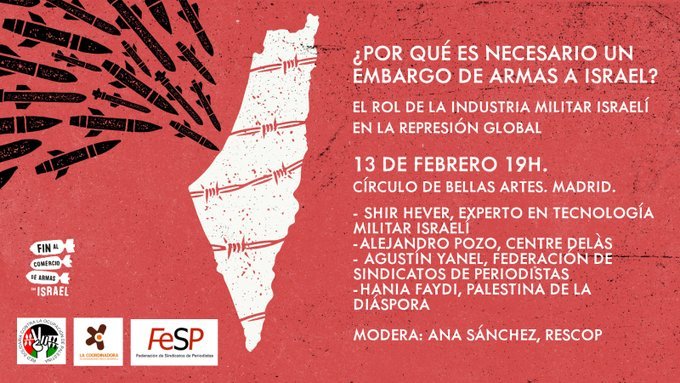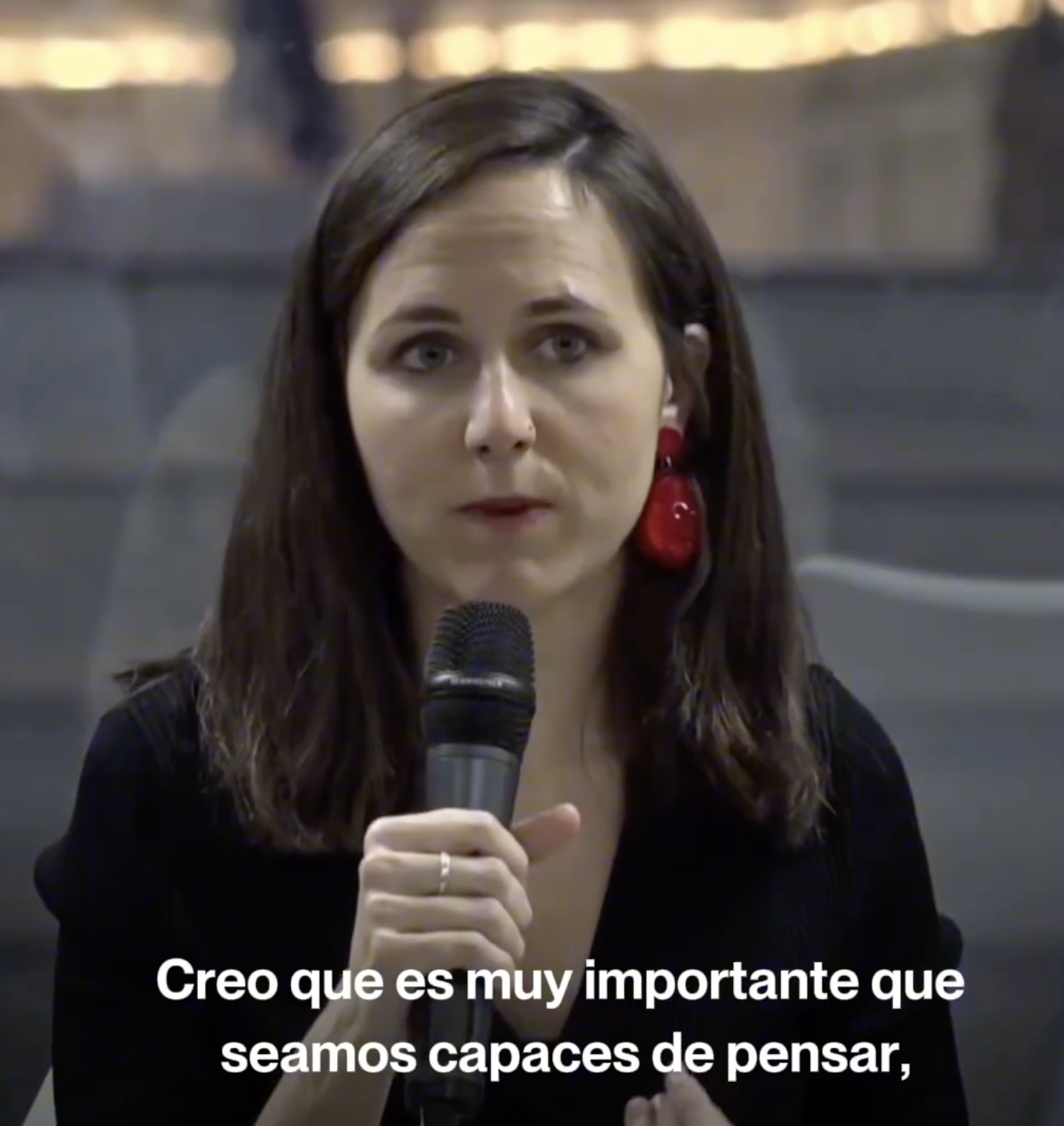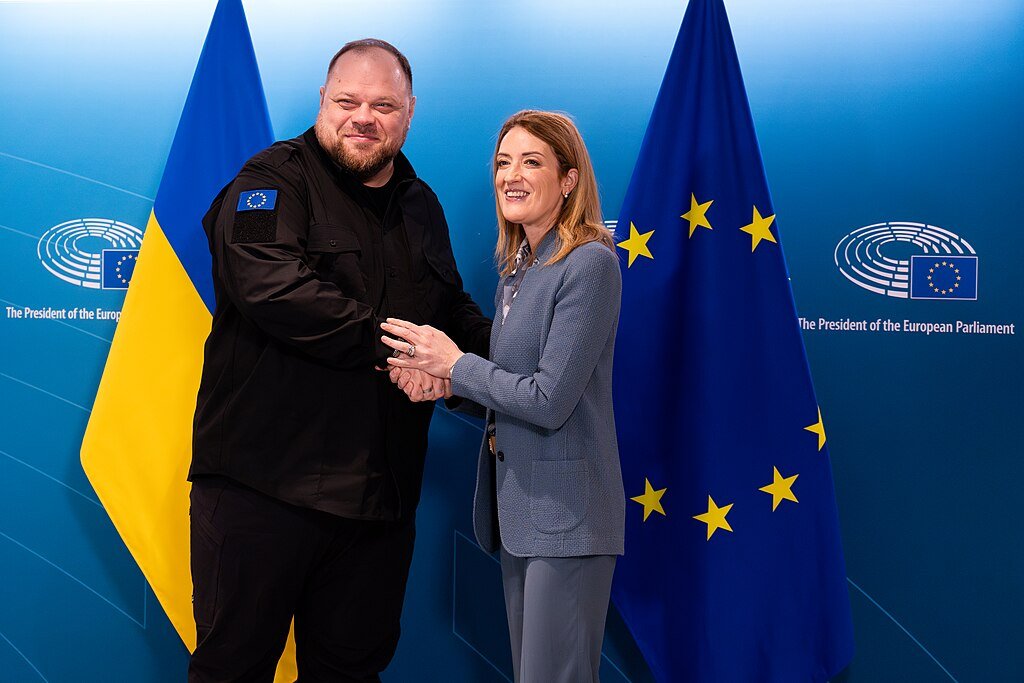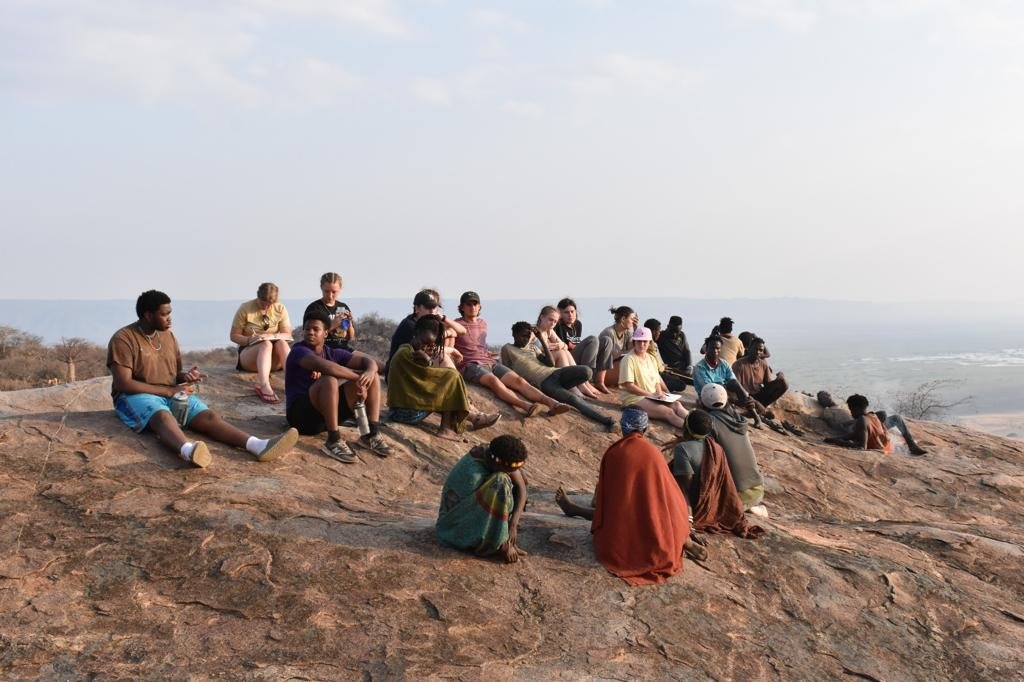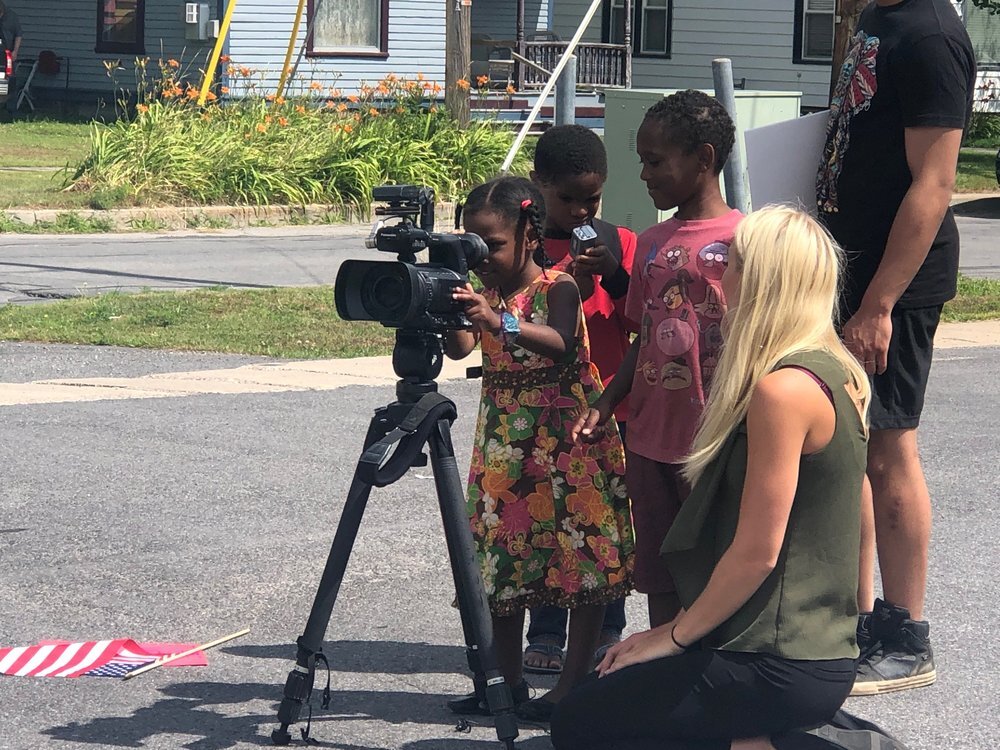
Stories
News

Analysis
Voices
Podcast
Announcements
Events

All Stories
Lured To Injustice: The 'Sleep of Reason' in Poland
By Łukasz W. Niparko
Reporting from Poland, Łukasz W. Niparko warns of a troubling trend toward authoritarianism in the country as thirty years of post-Communist “shock therapy” give way to sustained attacks on democracy and the rule of law by the ruling PIS party.
In Vogue: Localism as a Response to Globalization in Geneva, New York
By Eliza Maher
Though not a global city, Geneva, New York, located in the Finger Lakes region of the state, has become increasingly popular among tourists, entrepreneurs, culinary artists, and young, creative people. In the first installment of our new “Glocal Dispatches” series, Eliza Maher critically analyzes the revitalization of Geneva into a city driven by local businesses, art, music, Hobart and William Smith colleges, and Seneca Lake, and explores the shift to an image-saturated society. However, the shift, often characterized as positive, innovative, and diverse, fails to acknowledge the influence the urban branding will have on the minority groups in Geneva who cannot afford the lifestyle driven by localism.
Pigs In Our Politics: The #MeToo Movement in France
By Alexandra Nicoletti
In this reflection on the experience of living and studying abroad as an American in France, Alexandra Nicoletti explores the complex process of cultural translation involved when the #MeToo movement crosses the Atlantic.
Somdeep Sen on Israeli Settlements and the Normalization of Palestinian Dispossession
By John Collins
What role does spatial planning play in the Israeli process of colonizing Palestinian land? Researcher and longtime Weave News contributor Somdeep Sen discusses this issue in a recent podcast hosted by the Danish NGO Mellemfolkeligt Samvirke.
Haymarket: Living History on the Streets of Chicago
By John Collins
“We want to honor Lucy Parsons’ legacy, Albert Parsons’ legacy, and the legacy of what brought us this idea that one day, all the workers of the world will unite.” With these words from labor activist and tour guide Larry Spivack, reporter John Collins reflects on a labor history walking tour of Chicago.
The Case for Increasing Accountability in Development
By Khadeeja Hamid
Khadeeja Hamid aruges that a more robust accountability regime that places emphasis on downward, inward and horizontal accountability is crucial for the integration of human rights with development practice.
Journey Into the Unknown: One Professor's Take on a Community-Based Art Project
By Jessica Sierk
What happens when high school students in rural northern New York get the chance to speak for themselves, through art, about the pressures they are facing? Jessica Sierk describes the genesis and implementation of a unique community art collaboration bringing together students from Canton Central School and St. Lawrence University.
Iran's "Twitter Revolution" - Western Media's Flawed Coverage of the Green Movement
By Rob Williams
In this piece originally published by the Global Critical Media Literacy Project, Rob Williams and Emily von Wiese deconstruct the media narrative surrounding the role of Twitter in Iranian political protest.
Surviving PWIs for POCs: Two Too Many
By Jarrodd Davis
Jarrodd Davis on the Mayweather vs. McGregor fight: "What had I gotten myself into? We gathered in a white space to watch America’s race relations play out on a literal stage and in real time."
Misneach: A Call for Justice Through the Irish Language
By Darcy Best
In her latest installment for our Weaving the Streets project, Darcy Best checks in from Galway, Ireland, where street serves as a way to link the Irish language movement with broader political causes ranging from welcoming refugees to expressing solidarity with Palestinian hunger strikers.
Surviving PWIs for POC: Keeping Up Appearances
By Cordenne Brewster
"I still felt skepticism when someone told me there was no racism in Massachusetts, even after they had told me the white supremacists I had heard about '[weren’t] a big deal,'” Cordenne Brewster writes in the first entry of Surviving PWIs for POC, a new series from Weave News.
“They’ll Take the Sea From Us”: A Nautical Glimpse Into Palestine’s Colonial Confinement
By John Collins
“In the past, fishing was better, because we could go out 12 nautical miles and no one targeted us,” observes one of the young Gazan fisherman. “Now, it’s only six miles and there’s no fish there.” This basic fact - the literal shrinking of the space within which people in Gaza can engage in fishing without risking harassment and death at the hands of the Israeli military - lies at the core of “Six Miles Out,” a striking new video released on Facebook last week by the We Are Not Numbers project (whose work has been featured previously here on the Weave News site).
Covering the Margins, Part IV: Abstract Poverty in Ahmedabad
By Kali Villarosa
Poverty is universal. No matter where in the world, there are always discussions and debates surrounding the poor: individuals who are struggling economically and unable to maintain a comfortable livelihood. But the issue with the term “poverty” itself is that it remains an umbrella term; it moves the conversation away from the specific groups (whether defined by race, religion, ethnicity, or some other category) that make up an “impoverished” population and instead lumps them all together under the general category of “poverty.” This is a problem because different groups have different needs, yet most methods and discussions of poverty alleviation rarely take these distinguishing circumstances into account. In Part IV of her Covering the Margins series, Kali Villarosa investigates how this plays out in news coverage of urban marginalization in Ahmedabad, Indian.
Israeli Anti-Blackness, Part III
By Jimmy Johnson
Anti-Blackness is built into Zionism and brought from Europe to the colonial encounter, argues Jimmy Johnson. Part III of III.
The Pain of Waiting
By Karama Fadel
Despite the long coastline and the existence of seven crossings between its territory and Israel and Egypt, the Gaza Strip remains cocooned in a zone of isolation due to its neighbors’ punitive restrictions. Ships are not allowed by Israel to enter or leave, the lone airport was bombed in 2000, and no one may visit or exit by land without obtaining rarely given permission from the two countries’ military authorities...Thus, for Palestinians, trying to travel is arduous, slow and humiliating. But necessity knows no law, and we keep trying. Why? It’s about living with dignity and in peace. It’s about freedom. It’s about the health of our loved ones, uniting our families, studying for advanced degrees not available inside Gaza. There are multiple reasons why we insist on trying to travel, but the same ultimate goal.
Covering the Margins, Part III: Racial Normalization in Buffalo
By Kali Villarosa
In the third installment of her Covering the Margins project, supported by a fellowship from the NY6 Upstate-Global Collective, Kali Villarosa takes a close look at news coverage of problems affecting African American communities on Buffalo's East Side. She finds a significant difference between the coverage provided by the city's two most influential news outlets (WBFO and The Buffalo News, respectively), on the one hand, and the city's African American newspaper (The Challenger Community News), on the other. The latter outlet, she argues, "stands as the guide for what should be incorporated into the more mainstream outlets and also points us toward the realization that individuals themselves must question their news sources, their content, and the impact of these coverage patterns on their city."

















